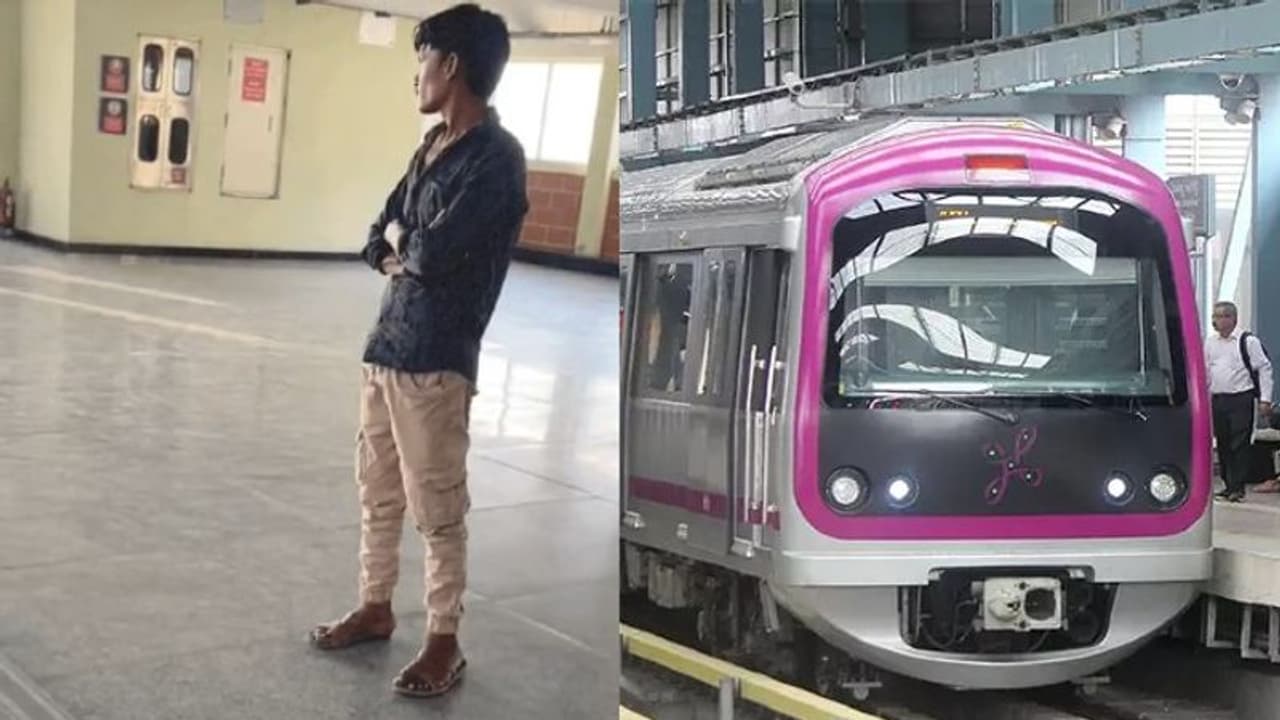Metro staff at Doddakallasandra station allegedly humiliated a worker for inadequate attire, sparking social media outrage. The worker, reportedly lacking shirt buttons, was stopped from boarding until properly dressed. Netizens criticized BMRCL, urging action. This follows a similar incident at Rajajinagar station where a farmer was denied entry due to dirty attire, prompting BMRCL to suspend the official involved.
In a recent incident at Doddakallsandra metro station, a worker was subjected to humiliation by metro staff, sparking widespread outrage on social media. The incident occurred when the worker hesitated to board the metro due to being dressed inadequately.

According to a post on Platform X, the worker was stopped by metro staff allegedly because his shirt lacked buttons. It is claimed that the staff demanded the worker to dress properly with his shirt buttoned up before allowing entry onto the metro.
Is Bengaluru Metro only for VIPs? Netizens slam BMRCL officials for denying entry to farmer over attire
This incident has drawn significant attention, particularly on Twitter, with many users expressing their anger and frustration towards the Bengaluru Metro Rail Corporation Limited (BMRCL) for their staff's actions. Users have tagged MP Tejaswi Surya, urging for swift action to be taken against the metro staff responsible for the humiliation of the worker.
Bengaluru: BMRCL official suspended for denying entry to farmer based on attire
Very recently, BMRCL officials were criticized on all social media platforms for denying entry to a farmer at Rajajinagar Metro station due to his dirty attire. Following the incident, BMRCL immediately suspended the accused official for inhumane behaviour.
The incident has raised concerns about the treatment of passengers by metro staff and the enforcement of dress codes. Many have criticized the BMRCL for its handling of the situation, calling for accountability and measures to prevent similar incidents from occurring in the future.
